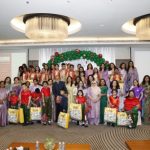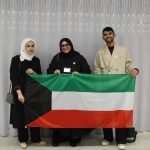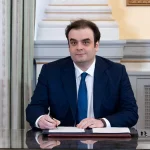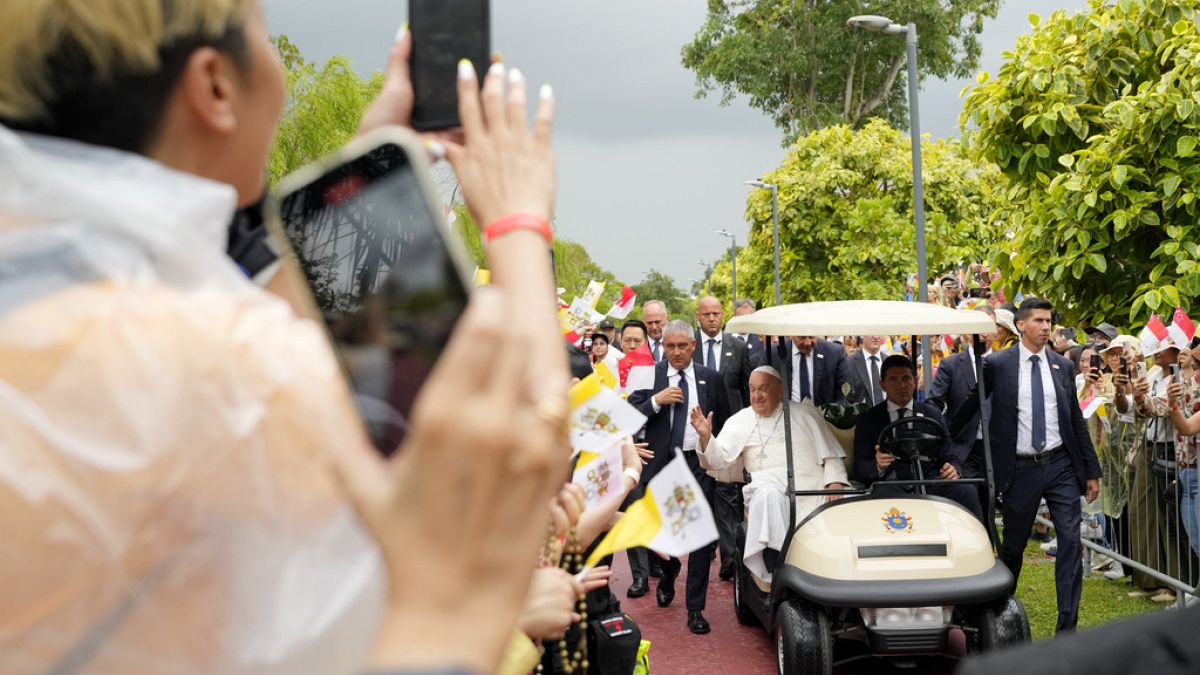Pope Francis recently visited Singapore as part of his trip through Asia and Oceania, where he praised the country’s economic strength but also highlighted the importance of caring for the weakest in society. During his two-day visit, the Pope commended Singapore’s economic development and government initiatives, such as sustainable development, public housing, education, and healthcare. However, he also urged authorities to be mindful of the negative consequences of focusing solely on pragmatism and merit, which could lead to the exclusion of marginalized individuals from progress.
The Pope specifically called for dignified pay and better conditions for migrant workers in Singapore, who have played a significant role in building the country’s global financial status. He emphasized the importance of fair wages and treatment for these workers, who make valuable contributions to society. Singapore currently does not have a minimum wage policy in place for both locals and foreigners, highlighting a potential area for improvement in workers’ rights.
During his visit, Singapore welcomed Pope Francis with the unveiling of a new hybrid orchid named in his honor, the “Dendrobium His Holiness Pope Francis”. The country hosted an official welcome ceremony for him, and the Pope is expected to address political authorities and hold a Mass at Singapore’s National Stadium, which is estimated to draw around 55,000 attendees. This visit marks a significant moment for Catholics in Singapore, as it is their first opportunity to see a pope since 1986.
Prior to his visit to Singapore, Pope Francis traveled to Timor Leste, Indonesia, and Papua New Guinea, attracting large crowds and setting records for attendance at Masses. His extensive travel itinerary for this trip has seen him cover over 30,000 kilometers by air, surpassing the distances traveled during his previous foreign trips. The Pope has been spreading messages of peace, inclusivity, and care for the marginalized throughout his journey, urging governments and societies to prioritize the well-being of all individuals.
Overall, Pope Francis’s visit to Singapore served as an opportunity for the country to showcase its economic success and progress, while also prompting reflection on the treatment of vulnerable populations and the importance of fair wages and conditions for all workers. By highlighting the risks of prioritizing pragmatism and merit above inclusivity, the Pope called for a more compassionate and equitable approach to development and progress, urging authorities to look out for the poorest and most marginalized members of society. His visit has sparked conversations about social justice, workers’ rights, and the need for balanced economic growth that benefits all individuals, regardless of their social status or background.











